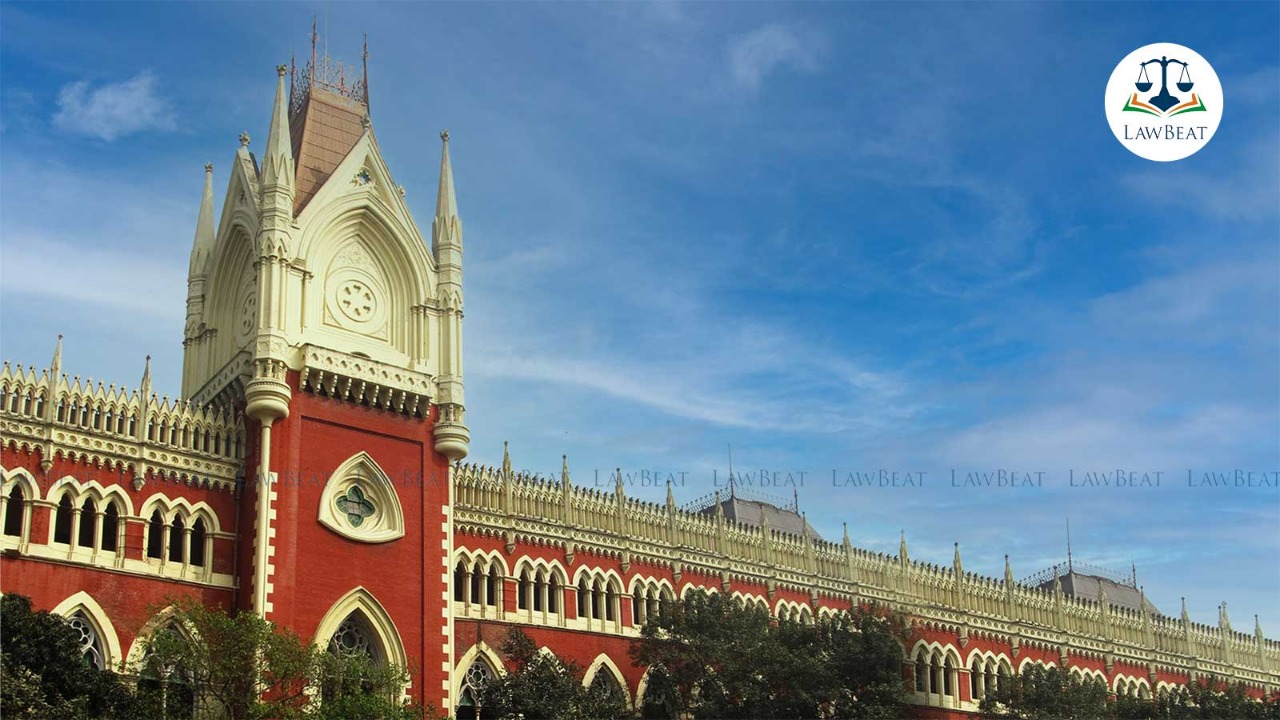Mere Order Of Acquittal Does Not Stop Concerned Authorities From Continuing With Departmental Investigation: Calcutta HC

Merely because an accused has been acquitted, the power of the concerned authority to continue with the departmental inquiry is not taken away nor is its discretion in any way fettered, observed the court.
The Calcutta High Court recently ruled that the acquittal of an accused does not take away the concerned authority's right to continue with the departmental investigation, nor does it limit its discretion in any manner.
The Single judge bench of Justice Ravi Krishan Kapur observed that an order of acquittal by a criminal court does not automatically entitle an employee to exoneration and consequential reliefs, such as back wages for the period of suspension withheld as a penalty by the disciplinary authority, if the acquittal is not based on merits.
“A criminal procedure differs in nature and scope from a departmental disciplinary proceeding. As a result, an order of acquittal does not automatically end the departmental proceeding. Merely because an accused has been acquitted, the power of the concerned authority to continue with the departmental inquiry is not taken away nor is its discretion in any way fettered. The order of acquittal may be taken into account but it will not have the overwhelming effect of eclipsing the charges in the disciplinary proceeding,” Justice Kapur said.
The petitioner (Pradip Kumar Biswas) was working as an Assistant with the Life Insurance Corporation Limited (LIC). On November 3, 2000, a criminal case was filed against him under IPC Sections 420 (Cheating and dishonestly inducing delivery of property), 120B (Punishment of criminal conspiracy), 467 (Forgery of valuable security, will, etc.), 468 (Forgery for the purpose of cheating), and 471 (Using as genuine a forged document or electronic record) for allegedly having forged documents submitted to the British Consulate to obtain visas for himself and his family members.
On November 14, 2000, he was served with an order of suspension. By a letter dated March 30, 2002, a penalty in the form of a reduction in basic pay by three stages was imposed on him under Regulation 39(1)(d) of the LICI (Staff) Regulations 1960.
Later on, the petitioner made a representation to the respondent by an order dated January 20, 2004, and stated that he had been “honourably acquitted” by Metropolitan Magistrate, Calcutta and he sought the release of the basic increments.
By a letter dated December 29, 2004, the respondent authorities told the petitioner that the judgment of acquittal was granted on technical grounds and that his case fell under the purview of Regulation 38(b) of the LICI (Staff) Regulations 1960. As a result, the back wages which had been paid during the suspension period were ordered to be refunded with immediate effect.
The petitioner challenged the respondents' statements before the high court and contended that he had been honourably acquitted by the criminal court, therefore he is entitled to back wages for the period of suspension and release of basic increments withheld as a penalty.
Further, he submitted that the disciplinary authority could not have gone beyond the order of the Magistrate to make observations as to the nature of the acquittal.
The court after considering all the submissions observed that the nature and scope of a criminal proceeding is different from that of a departmental disciplinary proceeding.
Justice Kapur noted, “The petitioner had not been exonerated on merits. The case was conducted in a perfunctory manner and no document had been brought on record in support of the charges. There had been no consideration of the prosecution case. Thus, in such circumstances, the acquittal cannot be said to be an honourable acquittal.”
Further, the court observed that there was no material evidence before the magistrate court, and the documents seized were not adduced hence, the magistrate was left with no other choice but to pass an order of acquittal.
Accordingly, the petitioner cannot claim back wages for the period of suspension, the high court held while dismissing the writ petition.
Case Title: Pradip Kumar Biswas v. Union of India & Ors.
Statute: Indian Penal Code, LICI (Staff) Regulations 1960.
